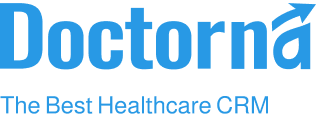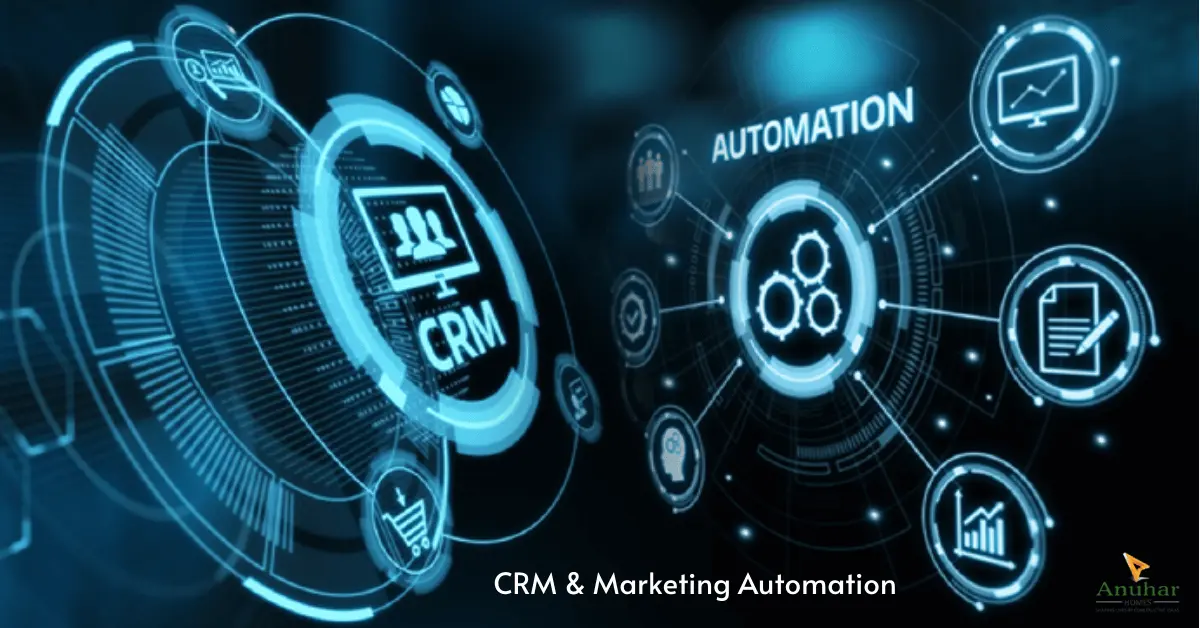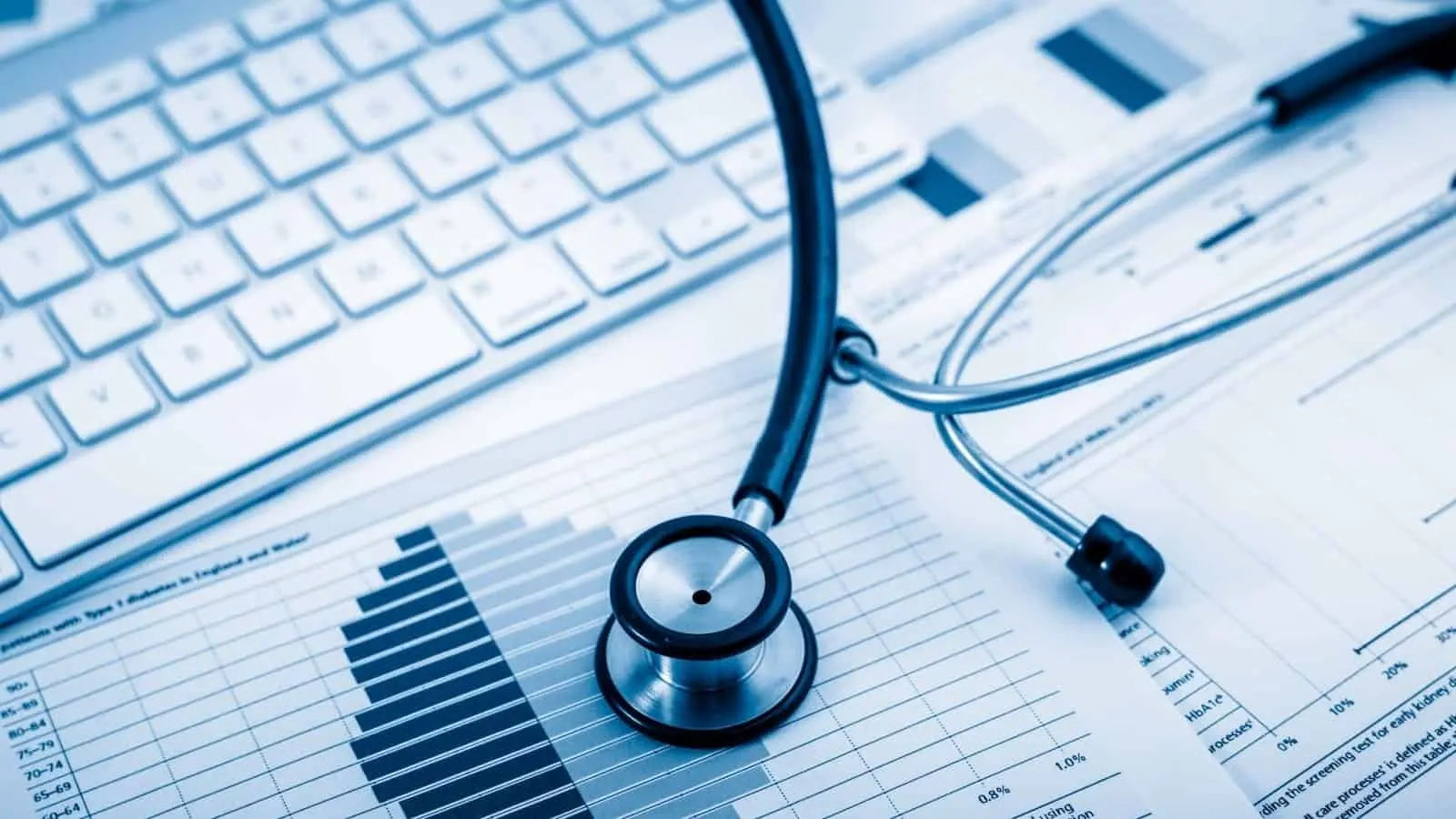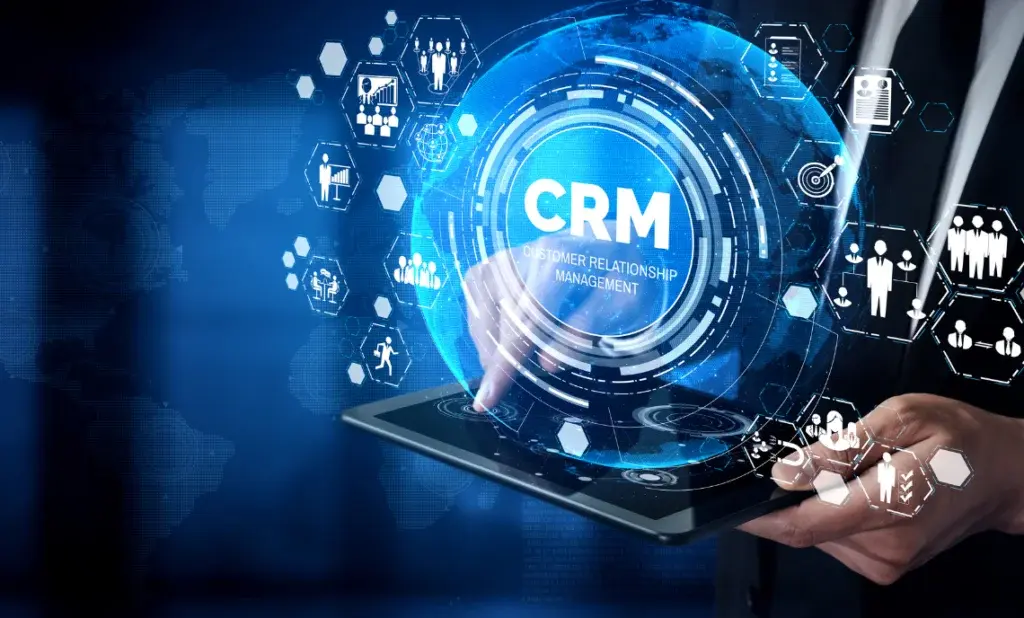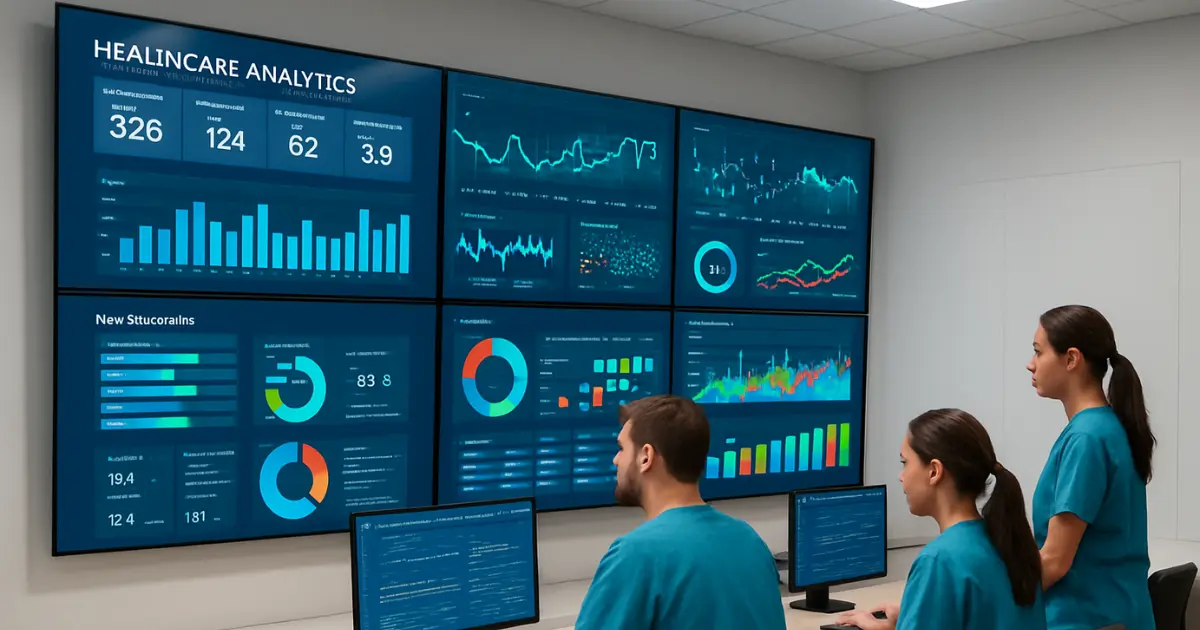In the digital age, healthcare organizations are transforming the way they engage with patients. From hospitals and clinics to telehealth platforms and specialty practices, every healthcare provider faces the same challenge — building trust, improving patient experience, and maintaining long-term relationships. Traditional marketing methods alone can no longer keep pace with patient expectations or regulatory demands. That’s where CRM automation steps in — bringing intelligence, personalization, and efficiency to healthcare marketing.
Understanding CRM Automation in Healthcare
A Customer Relationship Management (CRM) system in healthcare is designed to manage patient data, streamline communications, and optimize engagement across multiple touchpoints — from appointment booking to post-treatment follow-ups. When you add automation to CRM, it becomes a powerful engine that can execute marketing tasks automatically — such as sending personalized emails, segmenting patient groups, or analyzing campaign performance — without manual intervention.
In simple terms, CRM automation combines patient relationship management with the speed and precision of digital technology, allowing healthcare organizations to focus more on care and less on repetitive marketing tasks.
The Changing Face of Healthcare Marketing
Healthcare marketing has evolved significantly over the last decade. Earlier, most healthcare organizations relied on referrals, offline advertising, or generic online campaigns. But today’s patients are digital-first — they research symptoms, compare providers, and expect healthcare brands to understand their needs before they even make contact.
This shift has made data-driven marketing essential. Patients expect personalized communication, timely reminders, and relevant health content. Managing all this manually across thousands of patients is nearly impossible. CRM automation helps marketers segment patients, track their journeys, and deliver the right message at the right time — all while staying compliant with data protection laws like HIPAA or GDPR.
1. Personalized Patient Engagement
One of the strongest reasons healthcare marketing needs CRM automation is personalization. Every patient has unique health needs, preferences, and behaviors. CRM automation allows healthcare marketers to create targeted campaigns based on demographics, medical history, appointment frequency, or engagement behavior.
For example, an automated CRM can:
- Send appointment reminders via email or SMS
- Deliver post-treatment care instructions
- Share educational content based on patient conditions
- Recommend preventive care checkups
These small yet meaningful touches improve patient satisfaction and strengthen the provider-patient relationship. Personalized engagement also increases retention and encourages word-of-mouth referrals — a key factor in healthcare growth.
2. Streamlined Lead Management and Conversion
Healthcare providers often receive leads through various sources — websites, social media, referrals, and telehealth inquiries. Without automation, tracking and nurturing these leads can become chaotic. CRM automation simplifies this by capturing, organizing, and prioritizing leads based on their likelihood to convert.
For instance, when a patient fills out a contact form for a dermatology consultation, the CRM can automatically:
- Log the inquiry
- Assign it to the right department
- Send an automated acknowledgment email
- Schedule a follow-up reminder for staff
This seamless workflow ensures no potential patient falls through the cracks, resulting in higher conversion rates and better operational efficiency.
3. Enhanced Data Analytics and Insights
Modern healthcare marketing is powered by data analytics. CRM automation tools collect and analyze data from various channels — social media, websites, call centers, and email campaigns. This data helps marketers understand which strategies are working, which aren’t, and how patients are engaging with their brand.
Through automation, you can track:
- Campaign performance metrics
- Patient engagement trends
- Seasonal appointment patterns
- ROI from marketing efforts
With these insights, healthcare marketers can make evidence-based decisions rather than relying on guesswork. Predictive analytics can even forecast patient demand, helping organizations allocate resources efficiently.
4. Compliance and Secure Communication
Data privacy is a top concern in healthcare marketing. Patients share sensitive personal and medical information, which must be handled with utmost care. CRM automation platforms designed for healthcare come equipped with built-in compliance features that ensure data is encrypted, stored securely, and accessed only by authorized personnel.
Automated communication systems also maintain consistency and reduce human error. Every message sent through the CRM is logged and auditable — a crucial requirement for meeting healthcare regulations.
5. Multi-Channel Marketing Made Simple
Today’s patients engage through multiple channels — email, SMS, social media, and mobile apps. Managing these interactions manually is time-consuming and error-prone. CRM automation centralizes all communication channels, allowing marketers to create unified patient journeys.
For example:
- A patient who clicks on a Facebook ad can automatically receive a follow-up email.
- A telehealth appointment reminder can trigger a satisfaction survey post-consultation.
- Patients inactive for a while can receive automated wellness updates or special offers.
Such multi-channel orchestration ensures patients remain connected with your brand across every stage of their healthcare journey.
6. Improving Retention and Lifetime Value
Acquiring a new patient can cost up to five times more than retaining an existing one. CRM automation helps healthcare providers nurture long-term relationships by automating retention campaigns. Whether it’s a birthday greeting, a vaccination reminder, or a loyalty discount for repeat visits, these automated touches keep patients engaged and loyal.
Retention-focused automation also encourages patients to rebook appointments, participate in wellness programs, and refer friends or family — all contributing to increased lifetime value.

Conclusion
Healthcare is no longer just about treatment — it’s about experience, engagement, and empathy. CRM automation enables healthcare organizations to deliver all three efficiently. It bridges the gap between marketing and patient care, ensuring that every interaction is meaningful, timely, and data-driven.
As competition in the healthcare industry intensifies, organizations that adopt CRM automation will stand out by offering personalized care experiences at scale. In an era where patient expectations are higher than ever, automation isn’t just an upgrade — it’s a necessity for sustainable growth.
